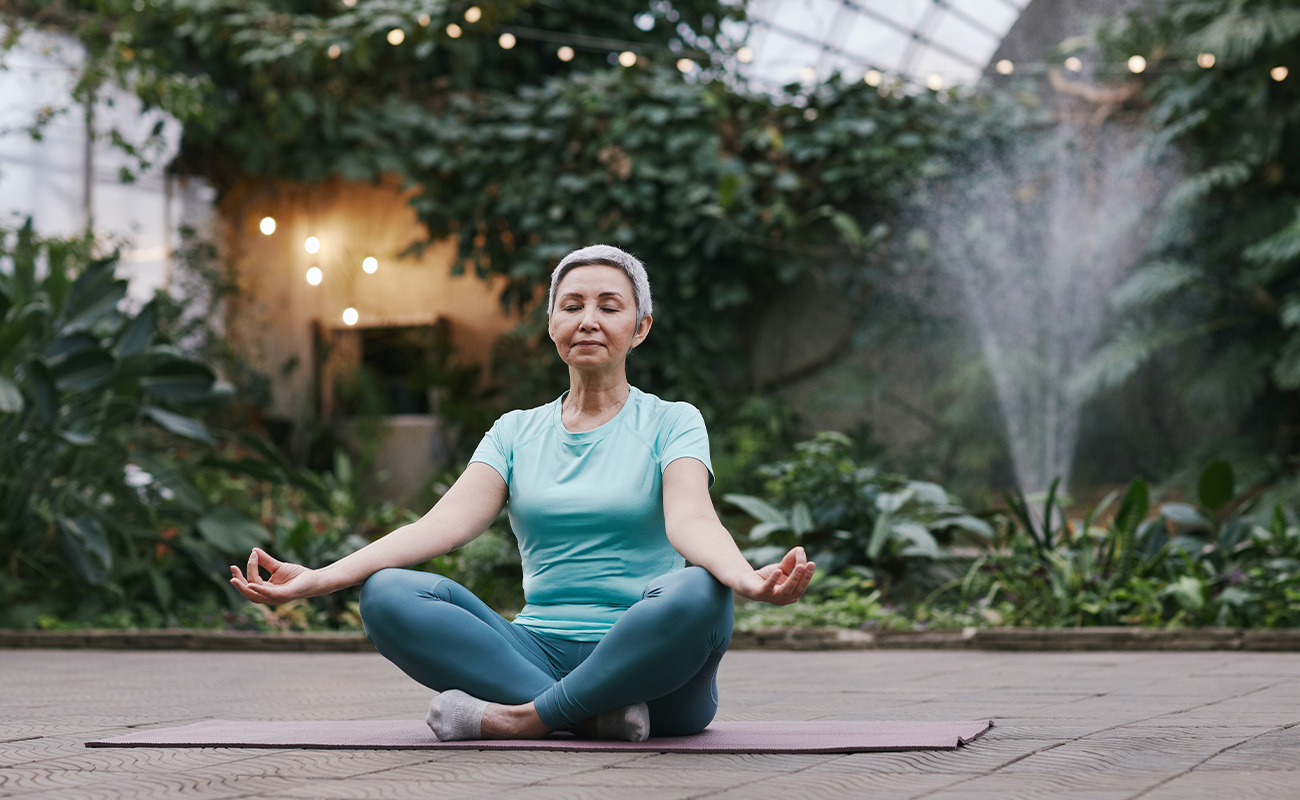How to Start Practicing Mindfulness Meditation? Meditation is a transformative practice that can bring about profound changes in your life. It’s a journey into the depths of your mind, a path toward inner peace and self-discovery. In this comprehensive guide to mindfulness meditation for beginners, we will introduce you to the art of meditation, its benefits, and provide you with practical tips to kickstart your meditation journey.
Understanding Meditation
Meditation is a practice that invites you to work with your mind’s natural qualities: a state of rest, openness, and alertness. By regularly engaging in meditation, you allow these innate qualities to emerge and flourish. There are various forms of meditation, but as a beginner, we recommend starting with mindfulness meditation.
What is Mindfulness Meditation?
Mindfulness meditation, often referred to as “shamatha” in Sanskrit, meaning “calm abiding,” is a practice embraced by Buddhist traditions and secular contexts like the Mindfulness-Based Stress Relief program developed by Jon Kabat-Zinn. It’s a simple yet powerful technique that can profoundly impact your life.
Getting Started: Guided Meditation
A great way for beginners to delve into mindfulness meditation is by following a guided meditation session. It is highly recommend to seek guidance of a highly exprienced master to help you navigate into the path in Meditation to prevent you loosing in wilderness of spirituality. There must be a Buddhism Centre in you city or your region.
The Basics of Meditation for Beginners
Finding Your Meditation Posture
Before you embark on your meditation journey, it’s essential to select a quiet and comfortable place where you won’t be disturbed. You can choose to sit on a chair or cushion, or even lie down if that’s more comfortable for you. Regardless of your choice, ensure your spine remains straight, as this promotes a settled and alert mind.
Focusing on Your Breath
The core of mindfulness meditation lies in your breath. Direct your simple attention to the sensation of each breath flowing in and out of your body. This process should be gentle; there’s no need to force concentration. Mindfulness is akin to how we pay attention while riding a bike – we notice it effortlessly, allowing room for relaxation and appreciation of our body, mind, and surroundings.
Embracing Natural Thoughts
As you maintain your posture and observe your breathing, thoughts will naturally arise in your mind. Instead of trying to suppress or engage with these thoughts, simply acknowledge their presence and let them pass. For instance, if thoughts about your lunch plans surface, notice them without diving into visualizing your meal options.
Returning to the Breath
One of the essential tips for beginners is to anticipate moments when your mind wanders, and don’t feel discouraged when it occurs. During meditation, your mind might drift, and you may become distracted by various thoughts. When this happens, which is entirely normal, gently redirect your focus back to your breath.
Feel free to adjust the duration of your meditation sessions to your preference. As you become familiar with meditation, shorter and enjoyable sessions might be more suitable. If you start feeling bored or restless, don’t hesitate to conclude your session. It’s crucial to prioritize a positive meditation experience over forcing through discomfort.
7 Meditation Tips for Beginners
1. Start with Small Sessions
Initiate your meditation journey with brief sessions, lasting just a few minutes. As you grow more comfortable, gradually extend the duration. Avoid pushing through challenging moments, such as intense boredom or impatience, as forming negative associations with meditation early on can hinder regular practice.
2. Cultivate a Daily Habit
For maximum benefits, make meditation a daily habit. Even dedicating a few minutes each day can yield significant results. Consider incorporating meditation into your daily routine, such as practicing for a few minutes in the morning or before bedtime. Routine makes it easier to prioritize meditation and remain consistent.
3. Prioritize Physical Comfort
Select a comfortable position that supports a straight spine. Always ensure physical comfort during meditation. Don’t be afraid to experiment with different meditation cushions or even meditating in a chair if it enhances your comfort. Remember, there’s no fixed position you must adhere to – physical discomfort can deter your practice.
4. Embrace Your Thoughts
Mindfulness meditation doesn’t entail clearing your mind entirely. It’s natural for thoughts to come and go. Acknowledge them without getting entangled. When your mind wanders, gently guide it back to your breath.
5. Be Kind to Yourself
Meditation isn’t a competition with yourself. It’s about being gentle – to yourself and others. Start by being compassionate about your meditation practice. Relax your expectations of what a “perfect” meditation experience should entail.
6. Create the Right Setting
Your meditation environment significantly influences your experience. A tranquil and serene ambiance can aid in achieving calmness and focus. Do your best at home, or consider locating a nearby meditation center for added support and a sense of community.
7. Utilize Guided Meditations
Guided meditations are excellent tools for beginners. These recordings lead you through meditation sessions, providing guidance and instructions. You can find them online or in meditation apps, and they can help you concentrate your mind and relax your body.
Conclusion
Embarking on a meditation journey as a beginner is a commendable step towards inner peace and self-discovery. Ensure physical and mental comfort, experiment with different techniques, and be patient with yourself. Meditation can be the foundation of a happier life, and we wish you a wonderful experience as you begin this transformative practice.
Frequently Asked Questions
How long should I meditate as a beginner?
Start with short sessions, a few minutes each day, and gradually increase the duration as you become more comfortable.
Is it essential to meditate every day?
Consistency is beneficial, so try to meditate daily, even if it’s only for a few minutes.
What if my mind keeps wandering during meditation?
It’s entirely normal for the mind to wander. Simply acknowledge it and gently redirect your focus to your breath.
Should I meditate in a specific posture?
Choose a posture that allows you to sit or lie down comfortably with a straight spine. The goal is physical comfort.
Are guided meditations helpful for beginners?
Yes, guided meditations provide valuable instructions and can be a great starting point for beginners.










